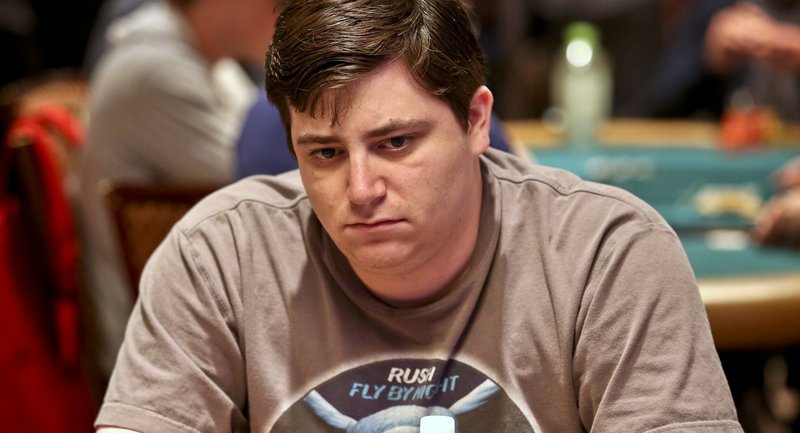






When I Was A Donk With Randy Ohelby Julio Rodriguez | Published: May 13, 2015 |
|
|

In this series, Card Player asks top pros to rewind back to their humble beginnings and provide insights regarding the mistakes, leaks, and deficiencies that they had to overcome in order to improve their games.
Randy Ohel is a professional poker player from Coral Springs, Florida who now lives in Las Vegas, Nevada. The 29-year-old spends most of his working time playing mixed cash games, but does have quite a bit of tournament success as well, having amassed more than $900,000 in live tournament earnings.
In 2012, Ohel won his first World Series of Poker bracelet, taking down the $2,500 buy-in Deuce-to-Seven Triple Draw Lowball event for $145,247. Just last summer, Ohel finished second in the $10,000 buy-in H.O.R.S.E event, picking up another $313,715. He has two other WSOP final-table appearances on his resume, along with another final-table finish on the Heartland Poker Tour.
Here, Ohel talks about one of his earliest experiences in a big buy-in tournament.
“Back in 2007, I was playing in my second-ever $10,000 buy-in tournament. I had won a satellite into the PokerStars Caribbean Adventure main event. It was day one of the tournament and I had already chipped up to well over my starting stack and well over the average.“
“Throughout the day, I had been getting dealt a lot of great starting hands. Just big cards over and over again, but I wasn’t showing them down that often. In hindsight, I now realize that to everybody else at the table, I was this aggressive maniac who was raising every other hand.”
“Late in the day, one of the better players at the table, who was also deep, raised and I three-bet him with pocket queens. Previously, I had three-bet him with another big hand and he folded. This time, he made a big four-bet that represented about 20 percent of my stack.”
“Now, given the image I had at the time, I probably should’ve have just gone with my hand. Instead, I somehow convinced myself that folding was the best play. I rationalized it by saying that it was towards the end of the day and I could easily fold and make day two with a good stack. At no point in my analysis did I think about the previous hands I had played at the table and how aggressive he must have thought I was.”
“He ended up showing me ace-rag and I felt a little dumb for having been bluffed off the best hand, but it taught me a valuable lesson about how you should always be aware of how the rest of the table perceives you. You really have to pay attention to the hands that you actually show down, because that, along with how often you raise or enter the pot, is what is going to form most players’ opinions unless they have some sort of history with you.” ♠
Features
The Inside Straight
Strategies & Analysis
Commentaries & Personalities